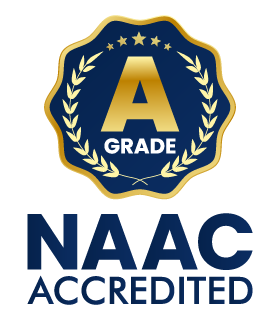About Department
Vision & Mission
Objectives
Electrical engineering is a mother branch or core branch having various subsidiaries like Control engineering, Electronics engineering, Automation Engineering and many more. Electrical engineering surrounds us everywhere in modern society. The electrical engineer supplies us with the ability to harness electricity which has transformed our lives. It gives us light, heat, entertainment, communication systems and comfort. The program provides the necessary competencies to enable students to develop, select, commission, maintain and diagnose faults/malfunctions on advanced electrical equipment and systems. The electrical engineering training provided includes national Electrical Regulatory Authorities Council (ERAC) requirements for an electrician’s license. Successful completion of electrical engineering courses will open you up to jobs such as an electrical engineering. Electrical engineers create and design products and information systems using scientific principles combined with natural curiosity, problem-solving and innovation. It covers a wide range of careers including energy and power development and supply, automation and communications engineering, microelectronics and technical informatics.
Graduate Attributes
- Academic excellence:Ability to identify key questions, research and pursue rigorous evidence-based arguments
- Critical Thinking and Effective communications:Analysis and evaluation of information to form a judgment about a subject or idea and ability to effectively communicate the same in a structured form.
- Global Citizenship:Mutual understanding with others from diverse cultures, perspectives and backgrounds
- Life Long Learning:Open, curious, willing to investigate, and consider new knowledge and ways of thinking
Program Educational Outcomes
Our programme will produce Graduates who will attain following PEOs after few years of graduation
- PEO1: Curiosity and truth seeking: Able to handle any kind of contingencies by the skill of critical thinking and problem-solving ability.
- PEO2: Breadth of knowledge: Fulfil the needs of society in solving technical problems using engineering principles, tools and practices.
- PEO3: Analytical & practical skills: Develop the ability to resolve the practical problems of Electrical Domain as per the society needs.
- PEO4: Digital capabilities: Able to collect, interpretation, analyze data and make remote control of electrical system.
- PEO5: Confidence & Tolerance: Demonstrate lifelong learning and technical skills in the workplace and function professionally in the global competitive environment.
Program Outcomes
- PO1: Domain knowledge: Apply the knowledge of mathematics, science, engineering fundamentals, and an engineering specialization for the solution of complex engineering problems. .
- PO2: Problem analysis:Identify, formulate, review research literature, and analyzecomplex engineering problems reaching substantiated conclusions using firstprinciples of mathematics, natural sciences, and engineering sciences.
- PO3: Design/development of solutions:Design solutions for complex engineeringproblems and design system components or processes that meet the specifiedneeds with appropriate consideration for the public health and safety, and thecultural, societal, and environmental considerations.
- PO4: Conduct investigations of complex problems: Gain ability to design, conductexperiments, analysis and interpret data for investigating problems in electricalengineering
- PO5: Modern tool usage: Create, select, and apply appropriate techniques,resources, and modern engineering and IT tools including prediction andmodelling to complex engineering activities with an understanding of thelimitations.
- PO6: The Engineer and society:Apply reasoning informed by the contextualknowledge to assess societal, health, safety, legal and cultural issues and theconsequent responsibilities relevant to the professional engineering practice.
- PO7: Environment and sustainability: Understand the impact of the professionalengineering solutions in societal and environmental contexts, and demonstratethe knowledge, and need for sustainable development.
- PO8: Ethics: Apply ethical principles and commit to professional ethics andresponsibilities and norms of the engineering practice.
- PO9: Individual and team work:Function effectively as an individual, and as amember or leader in diverse teams, and in multidisciplinary settings.
- PO10: Communication:Communicate effectively using different modes (viz.written,verbal and digital) not only with scientific community but also with the societyat large.
- PO11: Project management and finance: Demonstrate knowledge andunderstanding of the engineering and management principles and apply them toone’s own work, as a member and leader in a team, to manage projects and inmultidisciplinary environments.
- PO12: Life-long learning: Recognize the need for, and have the preparation andability to engage in independent and life-long learning in the broadest contextof technological change.
Program Specific Outcomes
- PSO1:Develop scientific thinking and acquire deep knowledge of electricalengineering to meet requirements of industries and society. .
- PSO2:Integrate the knowledge of fundamental electrical, machine, power electronicsand power systems for the controllability, reliability of electrical systems andanalyzed the current problem.
- PSO3:Demonstrate their knowledge in analysis, design, erection and laboratoryexperimentation regarding electrical engineering.
- PSO4:Apply science, engineering, mathematics through differential and integralcalculus, complex variables to solve electrical engineering problems.
- PSO5:Able to develop and support systems based on renewable and sustainableenergy sources using modern tools and techniques.
Faculty profile
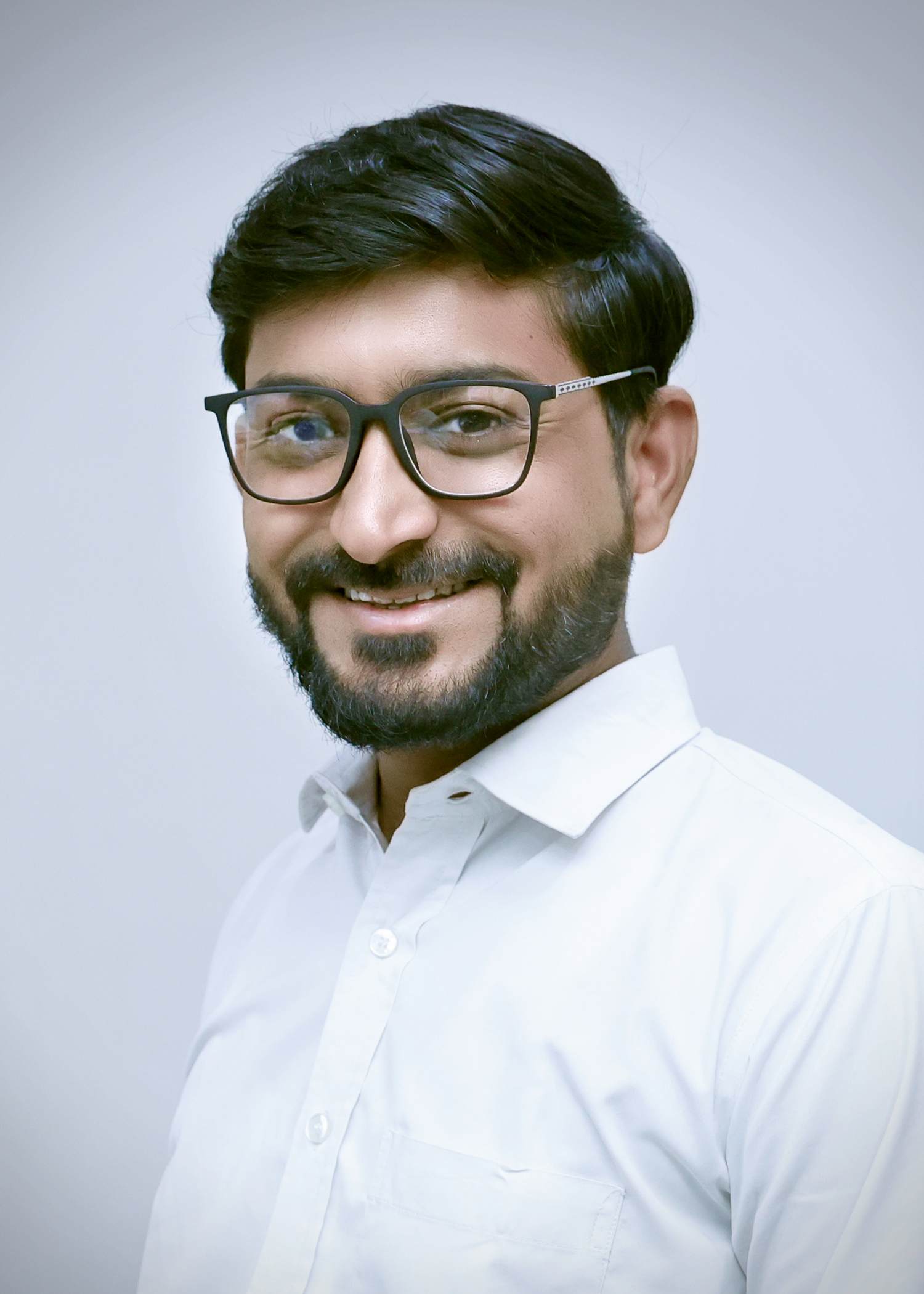
Mr. Mahesh L. Dhola
Head of Department
PhD (Pursuing), M.E. (PEED)
Exp:14 Years
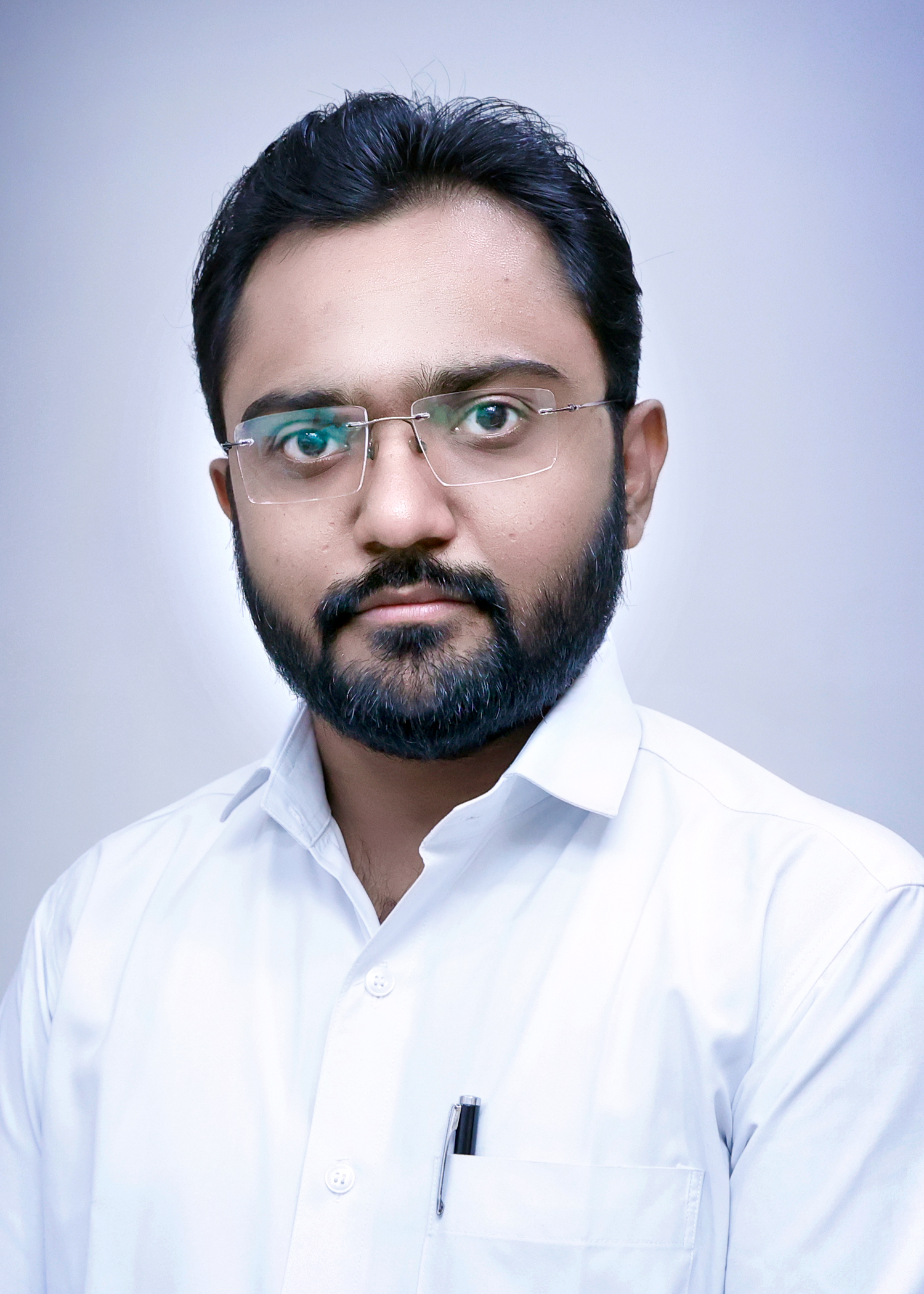



Scope
Career in Electrical is considered one of the greatest opportunity giving jobs in government sectors, civil services and many more with full of opportunities; particularly when India’s growth in renewable energy and electric vehicle industry is recognized across the globe.
The pool of talented Electrical engineers working in companies likeReliance and Essar shows that Electrical can take a person to higher levels. Numerous Electrical companies from India employ huge number of Electrical professionals in their Indian and overseas office.
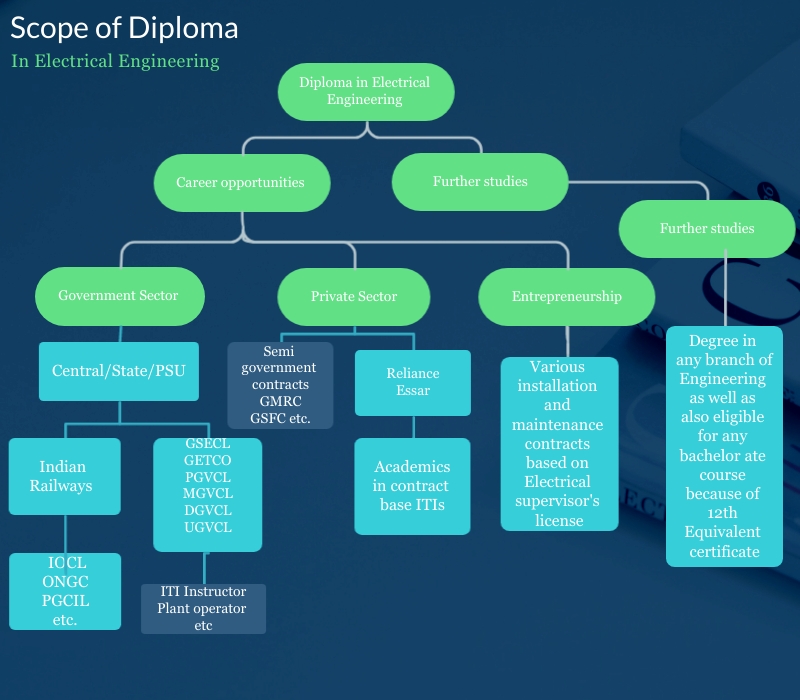
Research and Publication
| SR. NO. | FACULTY NAME | PUBLICATION | TITLE |
|---|---|---|---|
| 1 | Mr. Mahesh L. Dhola | HOD | Harmonic Mitigation of Fluctuating Non Linear Load in a Grid connected Photovoltaic system |
| 2 | Mr. Mahesh L. Dhola | HOD | Power factor improvement using Boost converter |
| 3 | Mr. Mahesh L. Dhola | HOD | Harmonics mitigation and Power Factor Correction in BLDC motor using DC-DC Converter |
Event
| Sr. No. | Event Name | Event Date | Photo Gallery |
|---|---|---|---|
| 1 | Gopal Snacks Pvt. Ltd. | 19-10-2021 | View |
| 2 | Synergy Transformers Pvt. Ltd | 04-09-2021 | View |
| 3 | Tecsan Transformer | 01-03-2020 | View |
| 4 | Essay Writing Competetion | 01-02-2020 | View |
| 5 | Slogan Writing Competition | 01-02-2020 | View |
| 6 | Sikka Tps | 29-01-2020 | View |
| 7 | Rajkot Dairy – Rajkot | 06-03-2019 | View |
| 8 | Nsic Rajkot | 28-01-2019 | View |
| 9 | 66 Kv Gis Shashtri medan | 23-08-2018 | View |
| 10 | Microcontroller And Embedded Systems | 01-05-2018 | View |
| 11 | Solar Plant Visit Rmc | 20-01-2018 | View |
| 12 | Kakarapar Atomic Power Station Surat | 06-01-2018 | View |
| 13 | Industrial Automation | 19-09-2017 | View |
| 14 | Sardar sarovar Dam | 20-02-2017 | View |
| 15 | Angel Pumps (P) Limited | 18-01-2017 | View |
Department Infrastructure
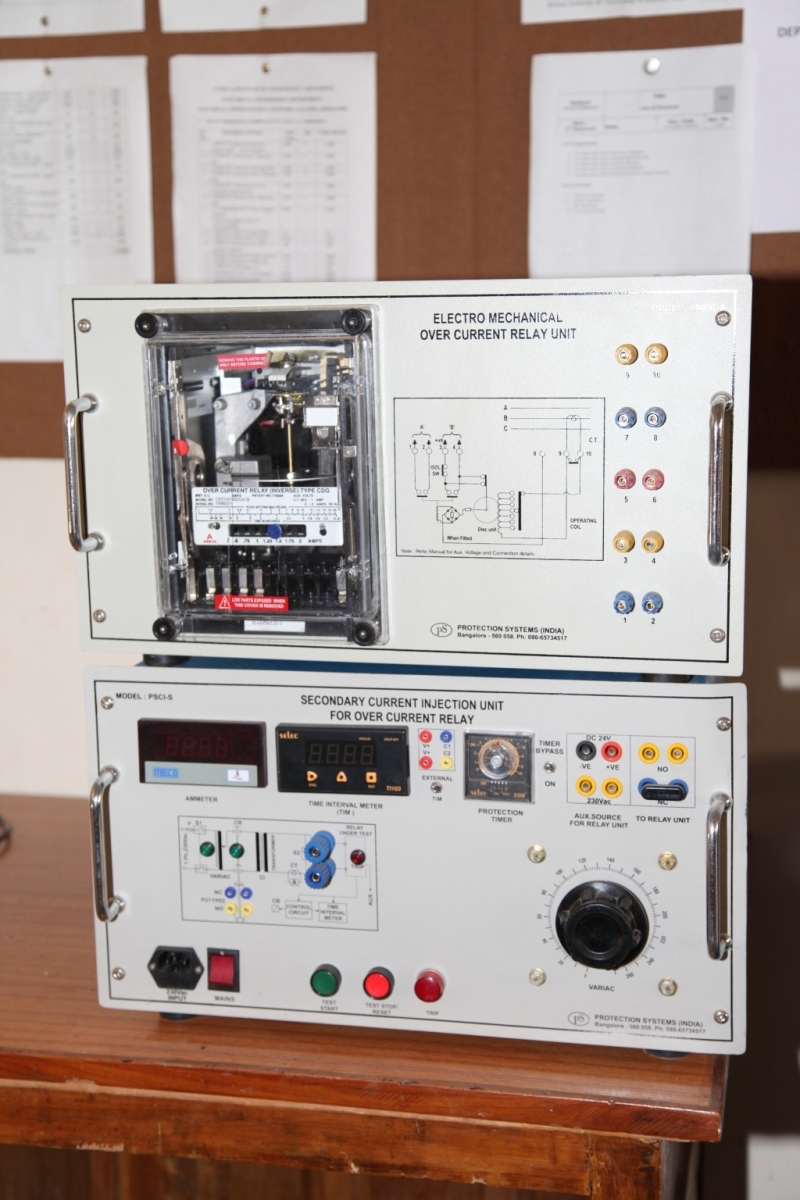
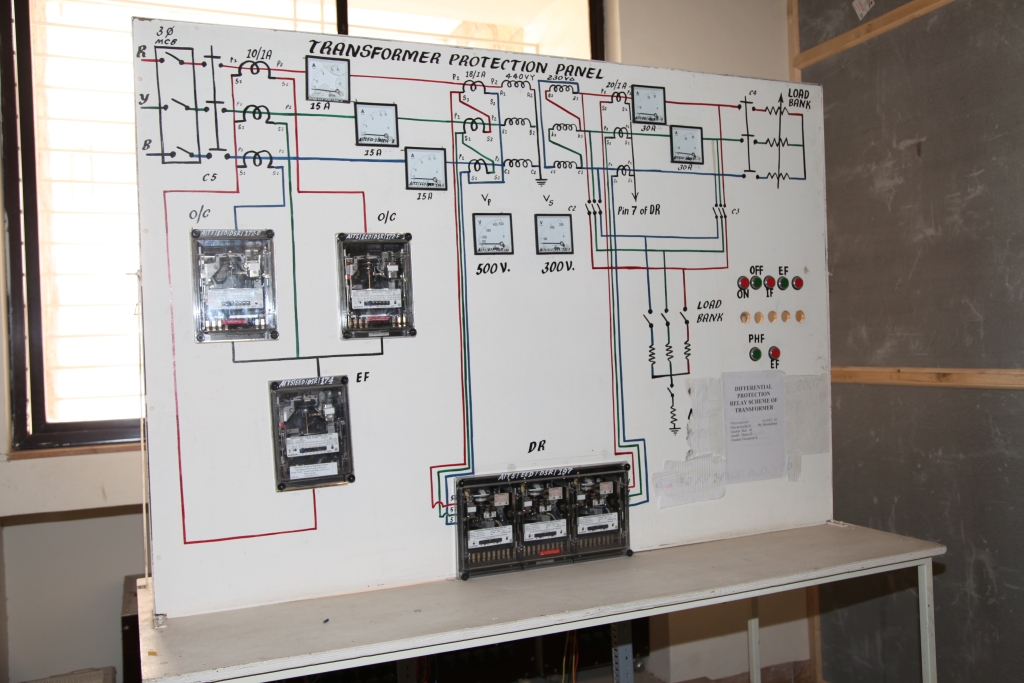
Placement
Achievements
| SR. NO. | STUDENT NAME | ACHIEVEMENT | DATE & DETAILS |
|---|---|---|---|
| 1 | Sagar Nishil | Gold Medalist in overall GTU | 2017 |
